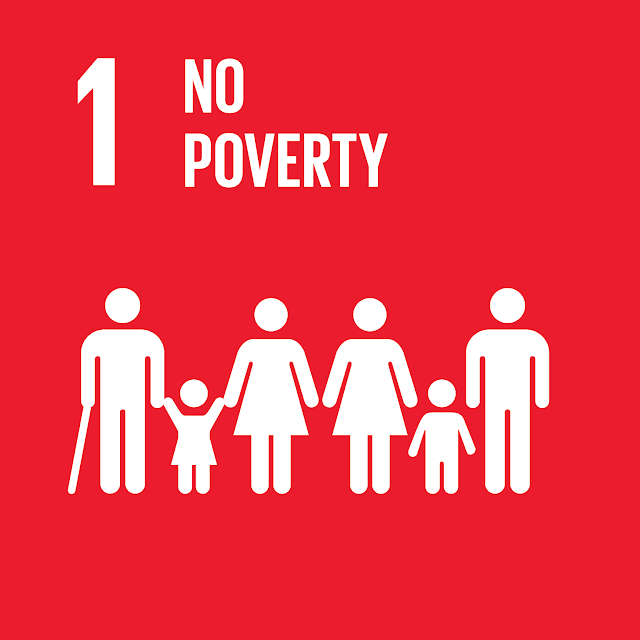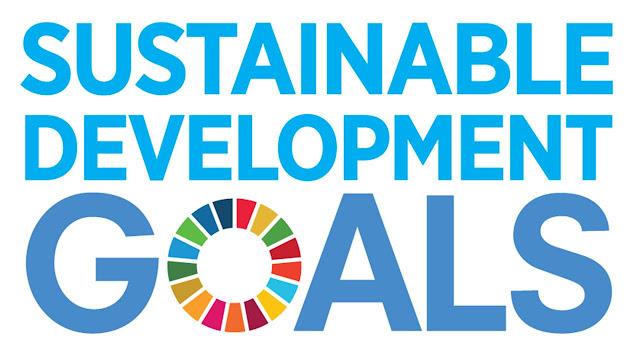Sustainable Development Goal 1: End extreme poverty in all its forms everywhere by 2030

Eradicating poverty in all its forms remains one of the greatest challenges facing humanity. While the number of people living in extreme poverty dropped by more than half between 1990 and 2015 – from 1.9 billion to 836 million – too many are still struggling for the most basic human needs. Globally, more than 800 million people are still living on less than US$1.25 a day, many lacking access to adequate food, clean drinking water and sanitation. Rapid economic growth in countries like China and India has lifted millions out of poverty, but progress has been uneven. Women are more likely to live in poverty than men due to unequal access to paid work, education and property. Progress has also been limited in other regions, such as South Asia and sub-Saharan Africa, which account for 80 percent of those living in extreme poverty. New threats brought on by climate change, conflict and food insecurity, mean even more work is needed to bring people out of poverty. The
